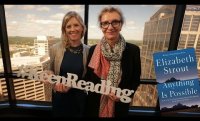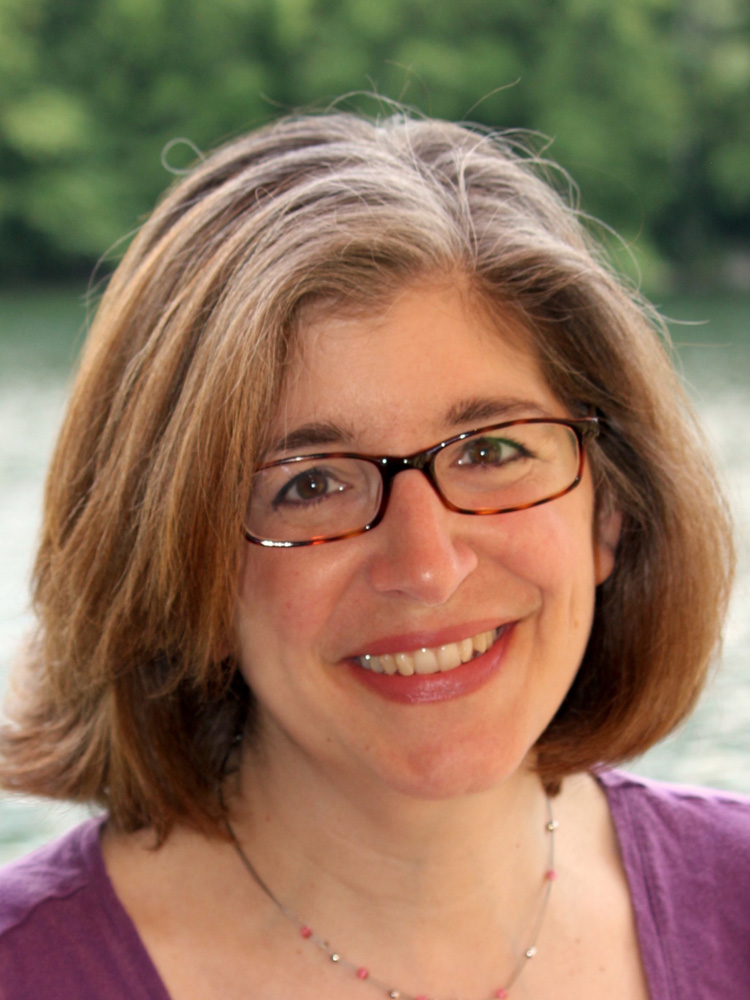Upcoming Contest Deadlines for Prose Writers
Prose writers! If you have a story, essay, novel, or memoir ready to submit, below are ten writing contests to consider. Each contest offers a prize of at least $1,000 and has a deadline of Wednesday, January 31.
Balcones Center for Creative Writing Fiction Prize: A prize of $1,500 is given annually for a book of fiction published during the previous year. Entry fee: $30
Black Lawrence Press Big Moose Prize: A prize of $1,000, publication by Black Lawrence Press, and 10 author copies is given annually for a novel. Entry fee: $25
Chattahoochee Review Lamar York Prizes: Two prizes of $1,000 each and publication in Chattahoochee Review are given annually for a short story and an essay. Entry fee: $18
Crazyhorse Literary Prizes: Two prizes of $2,000 each and publication in Crazyhorse are given annually for a short story and an essay. Entry fee: $20
Fish Publishing Short Memoir Prize: A prize of €1,000 (approximately $1,180) and publication in the Fish Publishing anthology is given annually for a short memoir. Entry fee: $19
Iowa Review Awards: Two prizes of $1,500 each and publication in Iowa Review are given annually for a story and an essay. Entry fee: $20
New Millennium Writings New Millennium Awards: Three prizes of $1,000 each and publication in New Millennium Writings are given twice yearly for a short story, a work of flash fiction, and a work of creative nonfiction. Entry fee: $20
Ohioana Library Association Walter Rumsey Marvin Grant: A prize of $1,000 is given annually to an Ohio fiction writer or creative nonfiction writer age 30 or under who has not published a book. Writers born in Ohio or who have lived in Ohio for a minimum of five years are eligible. No entry fee.
Winter Anthology Writing Contest: A prize of $1,000 and publication in Winter Anthology is given annually for a group of poems, a story, or an essay. Entry fee: $11
Writers at Work Writing Competition: Two prizes of publication in Quarterly West are given annually for a short story or novel excerpt and an essay or memoir excerpt. The winners also choose to receive either $1,000 or tuition to attend the Writers at Work Conference in Alta, Utah, in June. Writers who have not published a book in the genre in which they are applying are eligible. Entry fee: $20
Visit the contest websites for complete guidelines, and check out our Grants & Awards database and Submission Calendar for more upcoming contests in poetry, fiction, and nonfiction.





![The Alienist [OFFICIAL TRAILER] | TNT](https://www.pw.org/files/styles/video_thumb_medium/public/media-oembed/i.ytimg.com/vi/JcJQnaXiCfI/hqdefault.jpg?itok=6nfDtfbo)



 The Teen Creative Writers Workshop at Somers Library was created for teens who love to write, those middle and high schoolers who’d tell you writing is their thing. We cover all genres—essays, fiction, fan fiction, poetry, you name it. We wanted to create a safe setting for writers where they can share their work and receive constructive feedback, while learning how to give helpful critiques to each other. We also discuss various genres and how to strengthen important elements in each one.
The Teen Creative Writers Workshop at Somers Library was created for teens who love to write, those middle and high schoolers who’d tell you writing is their thing. We cover all genres—essays, fiction, fan fiction, poetry, you name it. We wanted to create a safe setting for writers where they can share their work and receive constructive feedback, while learning how to give helpful critiques to each other. We also discuss various genres and how to strengthen important elements in each one. By far, my most rewarding experience as a teacher has been witnessing the enthusiasm expressed by the students. When we get into a discussion about books, or writing, or characters’ motivations they become so animated. It’s exciting to have them ask if we can meet weekly instead of biweekly, or if we can continue the workshop over the summer. Their interest shows me that they truly value the time spent, and enjoy learning the craft. I know they won’t all go on to become writers, but there was nothing like this for me in high school. If there had been, I might have had the confidence to start my writing career earlier in life. I love that I can be a resource to help these students start sooner if they wish.
By far, my most rewarding experience as a teacher has been witnessing the enthusiasm expressed by the students. When we get into a discussion about books, or writing, or characters’ motivations they become so animated. It’s exciting to have them ask if we can meet weekly instead of biweekly, or if we can continue the workshop over the summer. Their interest shows me that they truly value the time spent, and enjoy learning the craft. I know they won’t all go on to become writers, but there was nothing like this for me in high school. If there had been, I might have had the confidence to start my writing career earlier in life. I love that I can be a resource to help these students start sooner if they wish.